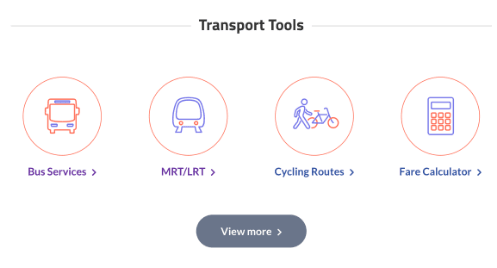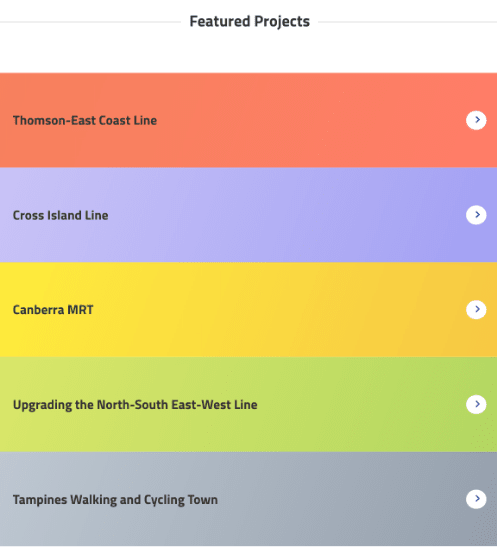The Ministry of Transport (MOT) introduced the Electric Vehicles (EV) Charging Bill (“Bill”) for First Reading in Parliament on 9 November 2022 to regulate the safe charging of EVs, to ensure the provision of reliable EV charging services, and to expand the network of accessible charging infrastructure in Singapore. This is in line with our target to deploy 60,000 charging points by 2030, and for all vehicles to be of cleaner energy by 2040.
2. The EV Charging Bill will establish rules and regulations that will govern the charging of EVs. The Land Transport Authority (LTA) will be empowered with statutory powers for enforcement. This would include establishing clear technical and performance standards that all EV chargers must meet to be supplied or used.
Scope of the EV Charging Bill
3. The EV Charging Bill will cover two types of EV chargers: fixed chargers (including battery charge and swap stations and pantograph chargers) and non-fixed chargers. Chargers that are exclusively designed for charging non-EVs such as personal mobility devices, power-assisted bicycles, electric vessels, or electric aircrafts will not be covered under the Bill.
Regulating the safe charging of EVs
4. To minimise the proliferation of unregulated or ill-maintained chargers which can pose safety hazards, the Bill will provide LTA with powers to regulate the supply, modification, advertisement, installation, certification, registration, use, and maintenance of EV chargers.
5. The Bill will require all chargers in Singapore to be installed, certified, and used in accordance with prescribed standards, which will reference standards such as Technical Reference 25 (“TR25”) for Electric Vehicle Charging Systems, and Singapore Standard 638 Code of Practice for Electrical Installations. Chargers must be registered before they can be used. Upon registration, the registered responsible person will be issued a registration code for the charger, and must affix a registration mark on the charger. Registered chargers will need to be inspected regularly in accordance with the relevant standards.
Ensuring the provision of reliable EV charging services
Licensing of EV charging operators
6. To ensure a satisfactory user experience, it is important to ensure that the public charging network is reliable. EV charging operators (“EVCOs”) are businesses who provide EV charging services, such as hiring out a fixed EV charger, providing battery swapping services, or renting out a non-fixed EV charger. These EVCOs will be required to obtain a licence in order to provide the service. Licensees will have to comply with conditions such as data sharing, purchasing of public liability insurance, and maintaining the service uptimes of their chargers in their network. Licences will be valid for a fixed period and can be renewed.
Expanding the network of accessible EV charging infrastructure in Singapore
Mandating EV charger provisions at developments
7. The Bill will mandate developers of specified building works and development owners of specified electrical works to provide EV charging at their developments. These specified building works and electrical works are:
a. Building works that (i) erect or re-erect a building or (ii) increase the existing gross floor area (GFA) of a development by at least 50%; and
b. Electrical works that result in an increase of the approved electrical load to more than 280 kilo-volt ampere (kVA).
8. The following charging provisions will be mandated via subsidiary legislation
a. Supply sufficient power capacity of at least 1.3kVA per car and motorcycle parking lot in the development (“passive provision”). This will be able to support 7.4 kilowatt (kW) charging points with smart charging capability at about 1 in 5 lots.
b. Install a minimum number of charging points that draw a combined power of at least one-fifth of mandated passive provision (“active provision"). This can be complied with, for example, by installing 7.4kW charging points with smart charging capability at about 1 in 25 lots.
9. Developments with very small carparks (i.e. fewer than 8 car and motorcycle lots) will be exempted from the active provision mandate.
Ordinary resolution required for the installation of EV chargers at strata-titled developments
10. Amendments will also be made to the Building Maintenance and Strata Management Act. The thresholds for management corporations (MCSTs) to pass the following resolutions will be lowered to an ordinary resolution level (i.e. simple majority of votes [> 50%] of the number of subsidiary proprietors or the share value of lots represented at a general meeting):
a. Any proposal to install or uninstall EV chargers in strata-titled developments as long as the lease contract between MCST and EVCO is not more than 10 years and the proposal does not draw down on MCST funds; and
b. Any proposal to enact by-laws on the use of parking lots for EV charging (e.g. designating charging lots to be used only by EVs).
Transitional Arrangements
11. The Bill also provides for transitional arrangements for the industry and members of the public to comply with the legislation. Upon commencement of the Bill, existing suppliers can continue to supply non-approved EV chargers for six months. Existing EV chargers that are not registered can continue to be used for six months after the commencement of the Bill. Existing EVCOs can carry on their operations without a licence for 12 months after the commencement of the Bill. MOT and LTA will work with the industry to facilitate these transitional arrangements.
















